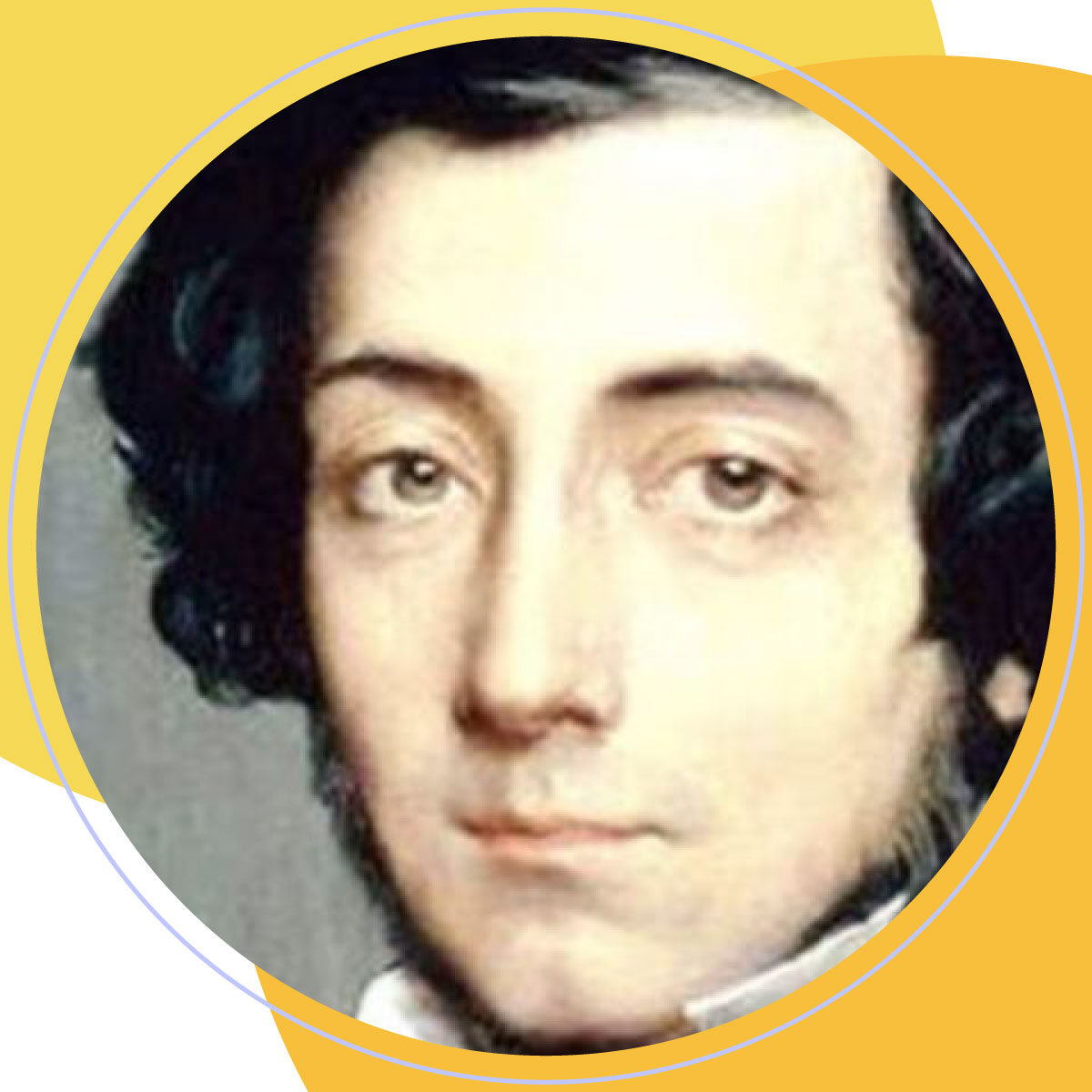Tocqueville Society

Founded in 1984, the United Way Tocqueville Society is an opportunity for passionate individuals to become more deeply involved in United Way’s mission.
The Tocqueville Society recognizes local philanthropic leaders and volunteer champions in the United States, France and Romania who have devoted time, talent, and funds to create long-lasting changes by tackling our communities’ most serious issues.
Specifically, the United Way Tocqueville Society aims to:
- Change ALICE (Asset Limited, Income Constrained, Employed) lives through philanthropic leadership focused on the building blocks for a better life: a quality education that leads to a stable job; income that can support a family through retirement, and good health. ALICE is a largely hidden population: Because ALICE households often do not qualify for aid or social programs, they remain invisible to the system. ALICE households earn above the Federal Poverty Level, yet not enough to afford the basic necessities, despite working full-time or at multiple jobs.
- Communicate the vital role of personal philanthropic action in creating long-lasting changes.
- Expand high-level personal giving and United Way Major and Planned Giving programs.
- Strengthen local United Way leadership by building a network of like-minded leaders across the globe.
History
Origins of the Tocqueville Society
Only 26 years old when he came to the United States and Canada in 1831, Alexis Charles-Henri de Tocqueville traveled extensively, recording his observations of life in the young nations. Though he only spent nine months in North America, he gleaned many profound insights about American society. His observations, readings and discussions with eminent Americans formed the basis of Democracy in America, a detailed study of American society and politics published in two volumes, in 1835 and 1840.
Tocqueville recognized, applauded and immortalized North American voluntary action on behalf of the common good. He wrote: “I must say that I have seen Americans make a great deal of real sacrifices to the public welfare; and have noticed a hundred instances in which they hardly ever failed to lend a faithful support to one another,” eloquently capturing the essence of personal philanthropy that persists almost three centuries later.
The observations on philanthropy made by Alexis de Tocqueville in 1831 are true today; North Americans understand that advancing the common good means creating opportunities for a better life for all. The name Tocqueville Society was chosen because of Alexis de Tocqueville’s admiration for the spirit of voluntary association and effort toward its advancement.
Membership levels.
Alexis de Tocqueville admired three elements in North American society: liberty, equality and the spirit of neighbor helping neighbor. These same elements are embraced in the French national motto: “Liberté, Egalité, Fraternité.” Tocqueville believed that by achieving these elements of democracy, all people would choose to pursue freedom, knowledge and prosperity, or indépendance, connaissance, and prospérité.
Special orders of recognition have been created based on these concepts, and distinguished by each member’s chosen level of giving:




